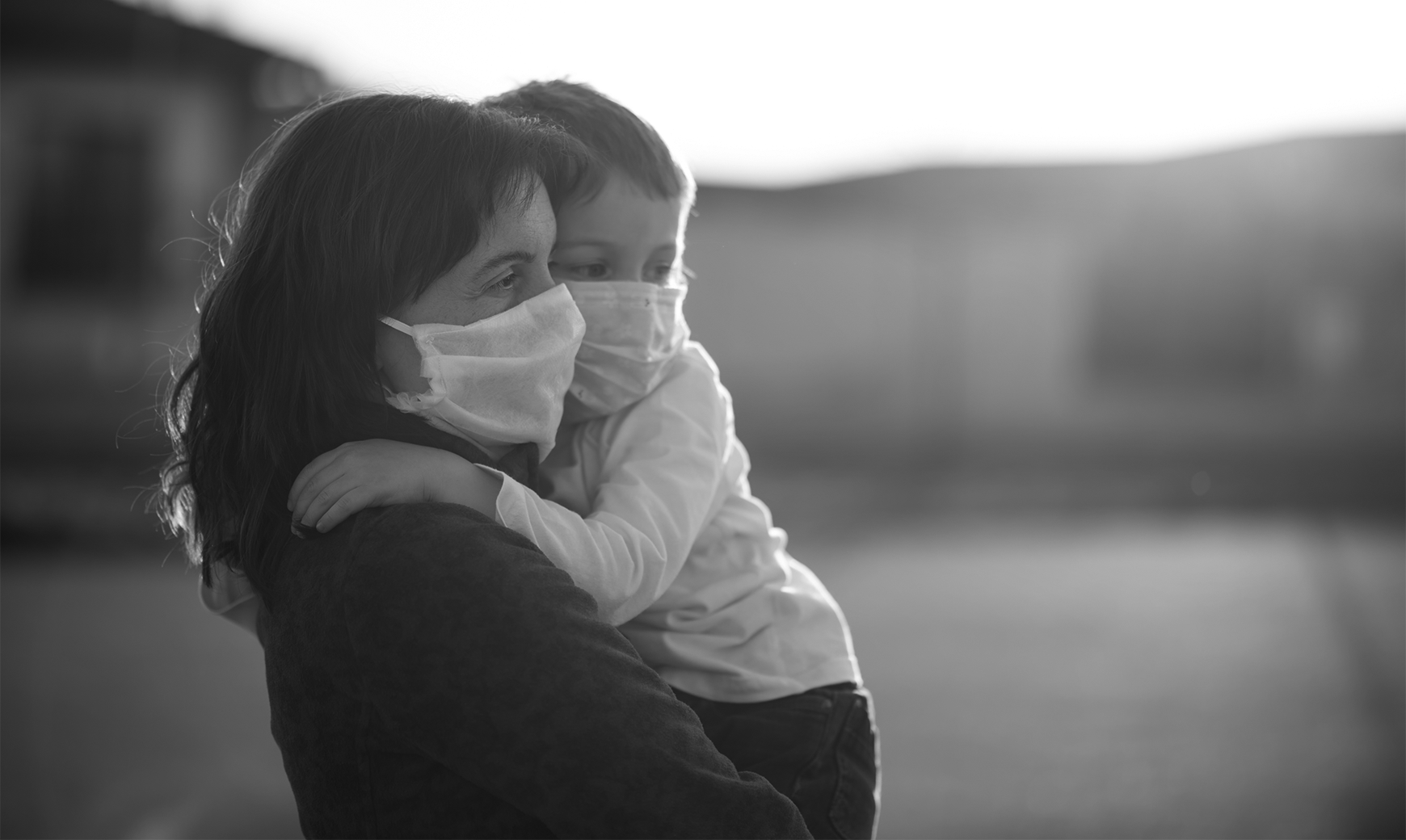Partners for Women and Justice (Partners), a New Jersey non-profit that provides individualized legal services to victims of domestic violence, and Seton Hall Law School Center for Social Justice have released a report that examines the possible causes for the heightened prevalence and severity of domestic violence during the COVID-19 pandemic as well as the responses of state and social service agencies. Both organizations provide free legal assistance to low-income domestic violence victims in the Family Part of the New Jersey Superior Court.
“The results of this report echo what we are seeing in many of Partners’ cases that victims of domestic violence from marginalized communities are in a vise, enduring job losses, unaffordable housing, and hunger as well as bearing disproportionate and devastating losses brought on by COVID 19,” said Trish Perlmutter, Policy Counsel for Partners. “Finding a path to safety has become extremely difficult in light of these challenges combined with constant surveillance by controlling partners and fear of contagion. As a result, we urge New Jersey lawmakers and government officials to support measures to expand access to affordable housing and address structural inequality so that victims can begin to break the cycle of violence.”
“Our report demonstrates that the pandemic has increased rates of domestic violence in New Jersey by magnifying and multiplying the obstacles for domestic violence victims seeking to escape abusive relationships,” said Jessica Miles, Associate Clinical Professor with the Seton Hall Law School Center for Social Justice. “This moment of crisis presents an opportunity for our state to transform our strategies for combating domestic violence and to do so in ways that pay particular attention to its disproportionate impact on women of color and other marginalized survivors.”
The report examines how the economic consequences of COVID-19 are increasing the danger for domestic violence victims, and how COVID-19 has allowed people who abuse their intimate partners to exercise power and control in new ways. All available indicia demonstrate that, during the COVID-19 pandemic, both the rates and severity of domestic violence have increased substantially in New Jersey.
Some of the key findings listed in the report include:
- The economic impacts of COVID-19 have magnified the dangerous combination of poverty and domestic violence, especially to marginalized victims of color.
- Job losses, hunger, housing instability, and lack of child care are increasing the risk of domestic violence at the same time as these effects impair victims’ options for leaving.
- Perpetrators are using power and control tactics, including isolation, intimidation, and coercion/threats, in new ways because of COVID-19 to prevent domestic violence survivors from seeking help.
- Calls to New Jersey domestic violence hotlines in the first four months of the year came in at rates similar to those in 2019, but then exploded after the initial stay-at-home restrictions were lifted. Meanwhile, in the first nine months of 2020, reports of domestic violence to police rose by double digit percentages in a number of cities in New Jersey, including Newark and Elizabeth.
- Domestic violence social services organizations have successfully pivoted to serving victims during the pandemic by remote means and reducing shelter capacity, despite the challenges presented by COVID-19; but victims, nevertheless, continue to face obstacles to receiving services.
The report proposes four essential actions that New Jersey lawmakers and government officials should continue to promote safety for domestic violence victims and their children during this second wave of the pandemic and beyond:
- allocate financial resources to address the long-term housing needs of domestic violence victims and survivors;
- provide long-term financial support to enable social service agencies to offer counseling to the many victims and children in desperate need of therapeutic treatment who have been waiting months for that treatment;
- increase transparency and collection of data on the incidence of domestic violence to inform policy choices related to domestic violence services as well as to educate the public on this shadow pandemic; and
- address structural inequality with an array of long-term policies because deep poverty and domestic violence are chronic and, even life threatening, risks to victims of domestic violence.
The report draws on research, fact investigation, and institutional expertise as well as interviews with government officials, service providers in many of New Jersey’s domestic violence agencies, and victims themselves. The report would not have been possible without the critical assistance provided by McCarter & English, LLP.
To read the full report, click here.
